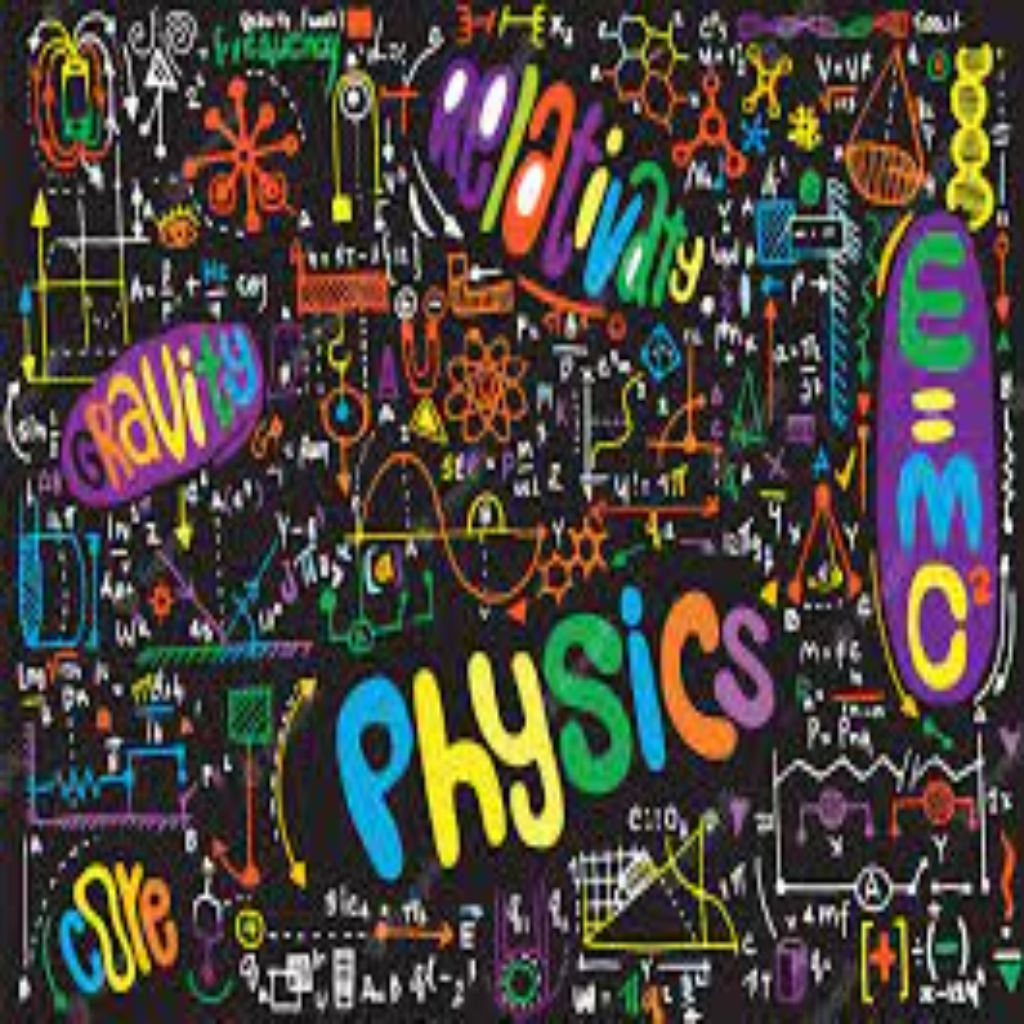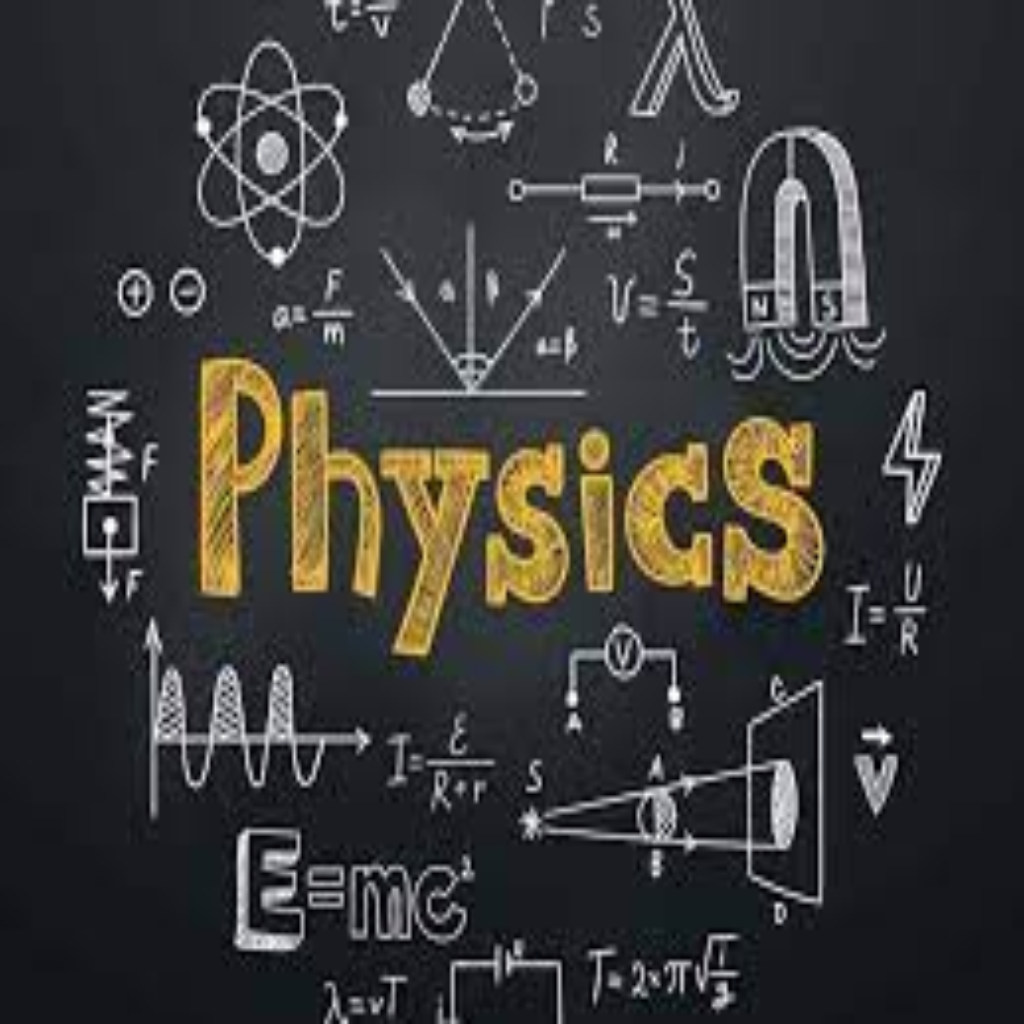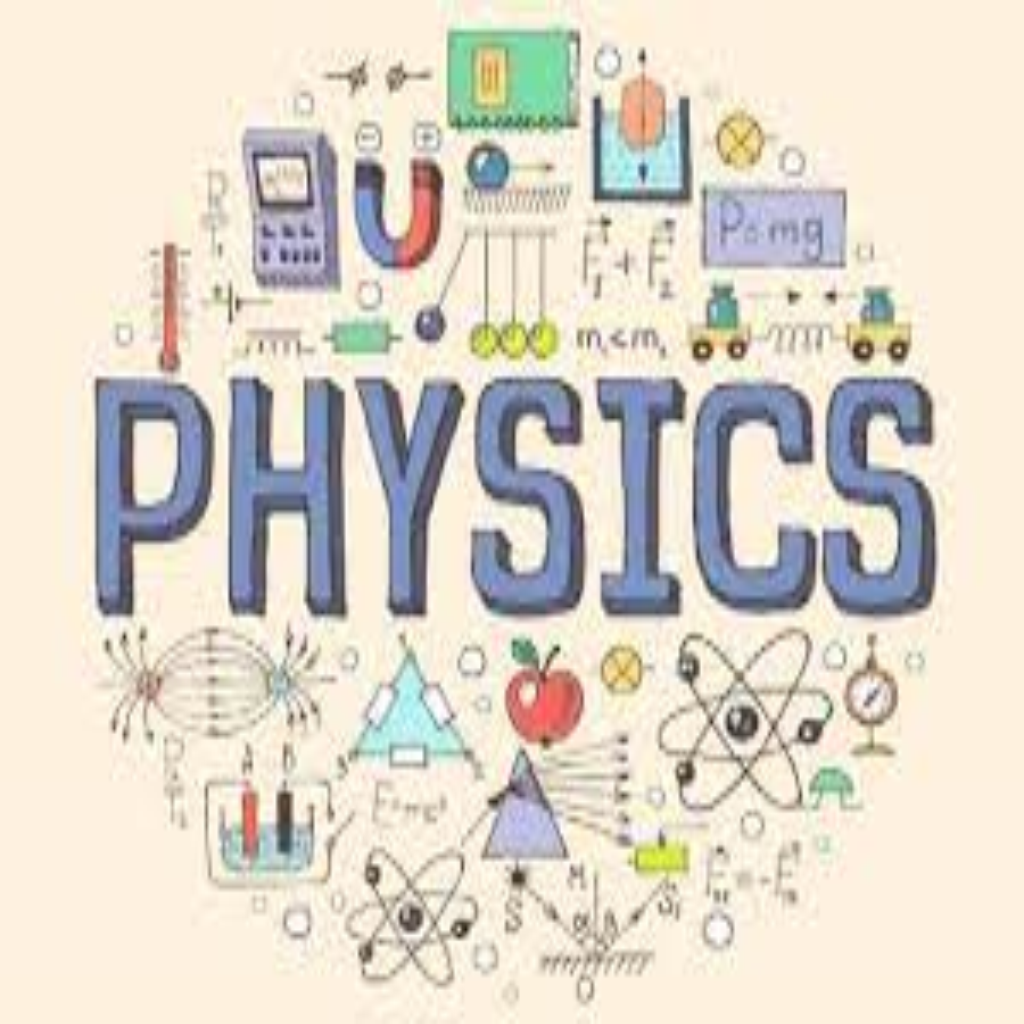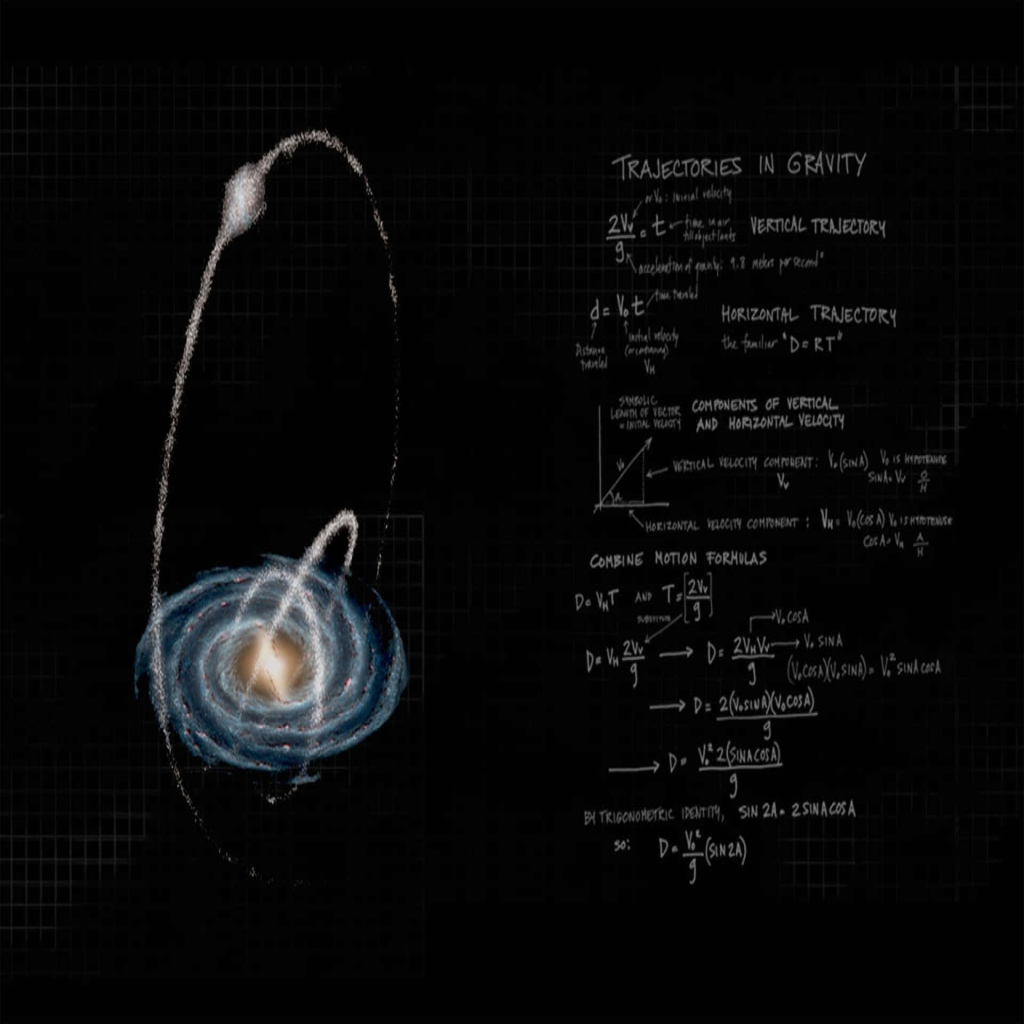
Physics is the science that helps us comprehend the fundamental laws and principles that govern the universe, from the smallest subatomic particles to the vast cosmos .Many aspects of our daily experiences and activities are rooted in the principle of physics .
By understanding and applying these principles, we can not only appreciate the world around us more deeply but also harness the knowledge to create technologies that enhance our quality of life.
Whether it’s the way we generate and use energy, communicate, travel, or even cook our meals, physics plays an indispensable role. So, in a very real sense , physics is an integral part of our existence guiding how we interact with and understand the world we live in.
Physics is an essential science that explains how the universe works at its most fundamental level. Even thought we might not always realize it, physics is deeply ingrained in our daily lives.

Here are several ways in which physics is involve in our daily activity:
Technology and Electronics :
Many of the devices we use in our daily life, such as smartphones, computers, television, and kitchen appliances , are based on principles of physics . The functioning of microchips, transistors, and circuits riles on quantum mechanics and electromagnetism.
Transportation :
The design and operation of vehicles, from bicycles to cars, planes and even spacecraft, are rooted in the laws of physics. Understanding concepts like mechanics, aerodynamics ,and thermodynamics is crucial for creating efficient and safe transportation system.
Energy Consumption :
Physics concepts are integral to understanding and managing energy consumption. The generation , transmission , and use of electricity involve principles like electromagnetic induction, electric circuits, and thermodynamics.
Medical Technology :
Technologies such as X-rays , MRI machines, and ultrasound devices are grounded devices are grounded in physics principles. Physics also underpins the understanding of fluid dynamics in the circulatory system and the behaviour of light in the eye.

Cooking and Food Preparation :
Cooking involves understanding heat transfer, thermodynamics and chemical reactions.The physics of heat and energy flow determines how food cooks and how different ingredients interact .
Communication:
Communication technologies like radio , televisions, and the internet rely on the internet rely on the transmission and reception of electromagnetic waves ,which are governed by the laws of electromagnetism.
Sports and Recreation :
Sports activities often involve principles of physics , such as motion , force, and friction . Understanding these concepts can help athletes improve their performance.

Home Construction and Design:
Architectural and engineering principles are rooted in physics. Concepts like load distribution , material properties, and structural stability guide the construction of safe and functional buildings.
Weather and Natural Phenomena :
Understanding the weather, climate, and natural events like earthquakes and tsunamis requires knowledge of physics. Meteorology, seismology and geophysics are physics – based disciplines.
Optics and Vision :
The behaviour of light which governs how we see and perceive the world , is a branch of physics . Concepts like reflection, refraction and diffraction are fundamental to optics.
Physics can be a challenging subject for many students, especially those preparing for competitive exams like IIT JEE and NEET. However, with the right approach and mindset, it’s possible to overcome the fear of physics and achieve success in these exams. Tutorial Point Kota and As an experienced physics teacher, I have helped more than 1500+ students overcome their fear of physics and excel in their exams. Here, I will share some tips and strategies that can help you do the same.

